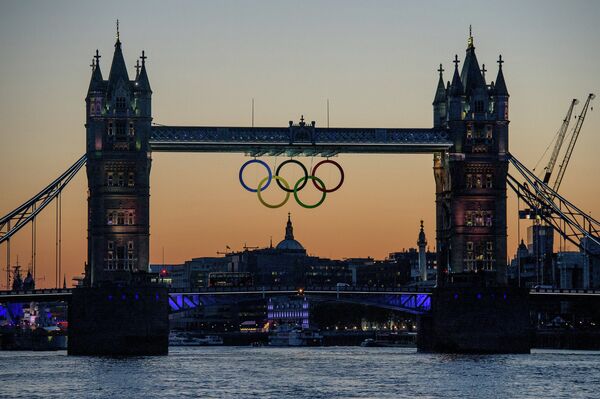The most stringent drugs checks in Olympic history have led to the ban of 107 athletes from the London Games, the World Anti-Doping Agency said Wednesday.
The agency's president John Fahey announced the positive tests had been uncovered in the six months preceding mid-June.
He acknowledged he couldn't be sure if the doping suspects would have qualified for their respective countries' Olympic squads.
“Had that been their ambition, then I am pleased to say that they will not be joining us here in London,” Fahey said.
There was no confirmation of the athletes' identities, nor their nationalities.
The International Olympic Committee shares responsibility for drug testing during the three-week event with the local organizing committee.
IOC officials have said they plan to administer more than 5,000 tests during competition and before the Games.
All medal winners and athletes down to fifth place in all competitions undergo mandatory testing.
Fahey put the high catch rate down to a smarter approach to testing, intelligence sharing among national anti-doping agencies, and better industry technology.
"These will be the most-tested Games in Olympic history," he said, conceding there could never be guarantees it would also be the cleanest.
"I would be very foolish to suggest that no-one will attempt to cheat at these Games."
WADA warned athletes their samples would be stored until 2020 in case athletes have used doping techniques undetectable to today's technology.
"If someone thinks they're home free two weeks after London, they should hold their breath for at least eight years," he said.

